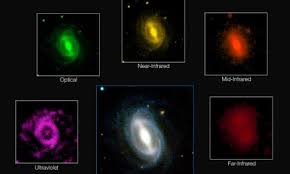
For a long time, scientists thought that only actively star-forming galaxies should be observed in the very early Universe. The James Webb space telescope now reveals that galaxies stopped forming stars earlier than expected.
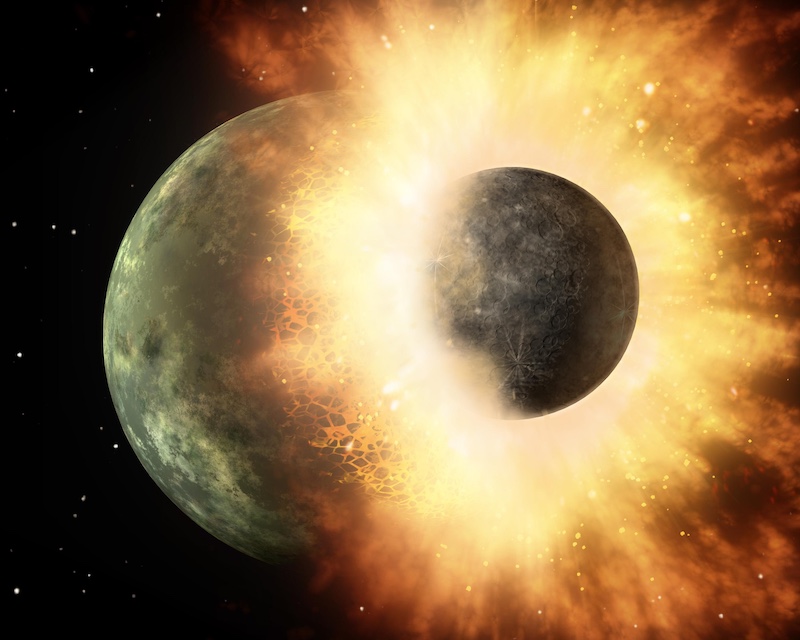
A grazing giant collision between two similar-sized rocky bodies likely created Mercury a few billion years ago.
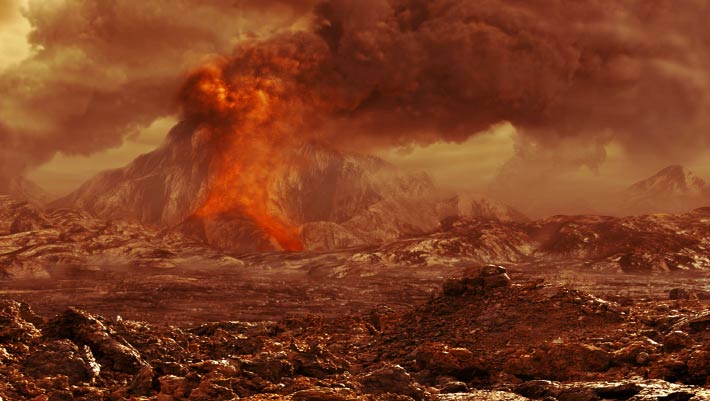
An unexpected phenomenon called convection could help explain many of the volcanoes and other features of the Venusian landscape.
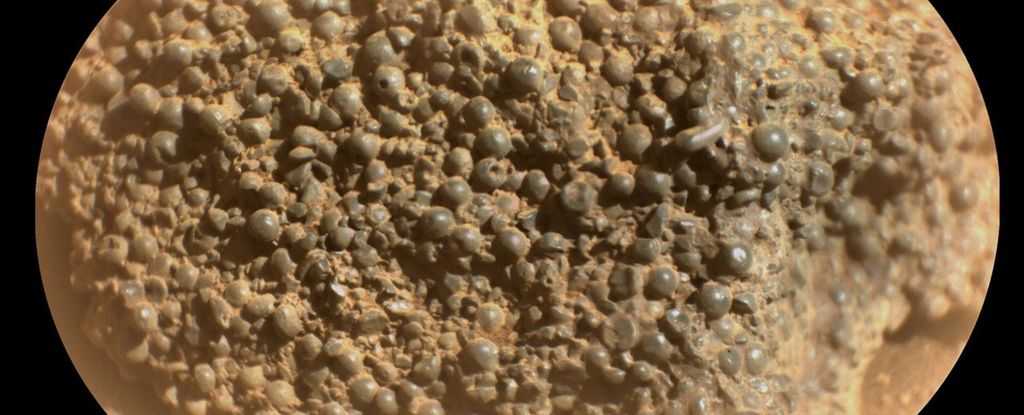
Once again, Mars has presented us with an example of something it seems to have in abundance: extremely peculiar and baffling rocks.
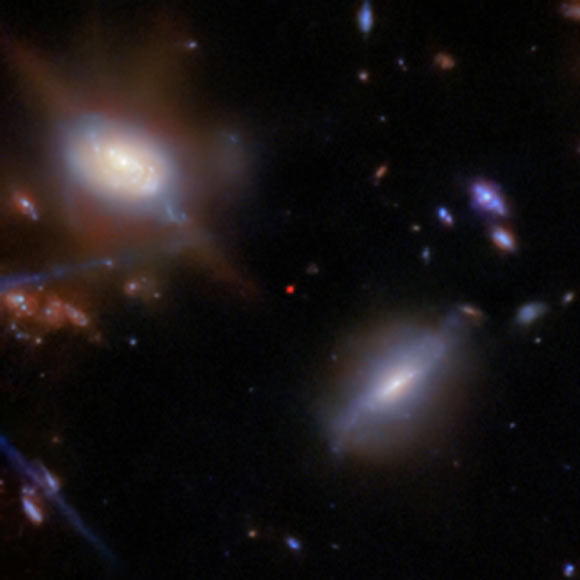
The Lyman-apha light from JADES-GS-z13-1 has taken nearly 13.47 billion years to reach us, as it dates back to just 330 million years after the Big Bang.

The main reason for space exploration is to search for life beyond Earth.

An international team of astronomers using the Atacama Large Millimeter/submillimeter Array (ALMA) discovered a surprising new filamentary structure around the Mikly Way's core.

For the first time, NASA’s James Webb Space Telescope has captured bright auroral activity on Neptune.

Martian dust storms can potentially cause respiratory issues and elevated risk of disease, making them yet another health hazard space agencies need to prepare for, according to new research.

In 2022 NASA’s James Webb Space Telescope discovered an abundance of tiny red objects scattered across the sky in the early universe. A large fraction of them are likely galaxies with supermassive black holes growing at their centers.

A recent study reveals that the famous Wolf-Rayet 104 "pinwheel star" holds more mystery but is even less likely to be the potential "death star" it was once thought to be.

The discovery is one of the most significant findings in the search for evidence of past life on Mars.

Traditional models of star formation suggest there may be as few as 300 black holes in the closest region of the supermassive black hole Sagittarius A*. But a new study suggests the number of stellar-mass black holes is much higher.

When you peer out into the depths of the cosmos, a mystery lies there, waiting. In a survey of the deep sky, most of the galaxies are seen rotating in the same direction.

JADES-GS-z14-0 is rich with oxygen – which is an absolute surprise, since scientists had thought elements heavier than hydrogen and helium weren't around in significant quantities until much later in time.